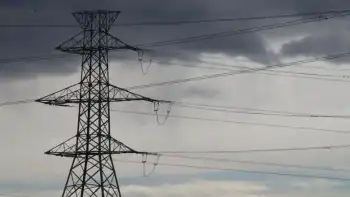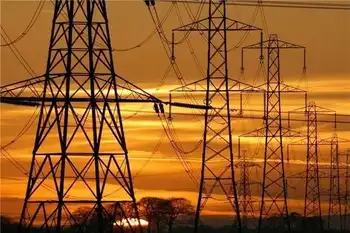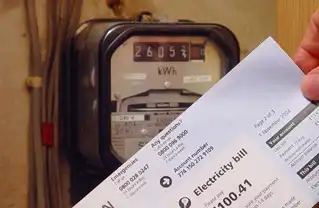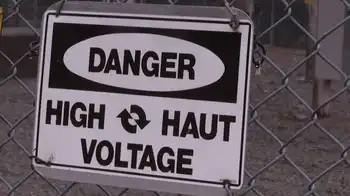Smart grid requires new profit motives
By Reuters
Substation Relay Protection Training
Our customized live online or in‑person group training can be delivered to your staff at your location.

- Live Online
- 12 hours Instructor-led
- Group Training Available
Getting the utilities and regulatory agencies on board requires ample amounts of carrots (financial incentives) and sticks (limiting carbon emissions), according to energy efficiency experts Portland Energy Conservation Inc (PECI).
PECI's new report "Wiring the Smart Grid for Energy Efficiency goes into deeply depressing detail about the many formidable challenges to implementing the smart grid. Among the toughest to tackle are that buildings ill-equipped to participate in demand response systems, and the near total lack of interoperability today between grid equipment and building energy management tools. There's also a lack of university and professional training programs to fill the gaping hole in HVAC engineers who can maximize energy efficiency programs.
But all is not lost, because the potential energy savings will motivate building owners to embrace smart grid technologies. PECI cites a DOE study that says up to 20 percent of HVAC energy is wasted because of inefficiency, which should be enough to get many building operators' attention. Rockwell Automation says industrial customers could save $6 billion per year, or about 10 percent of their annual cost by implementing smart grid.
PECI makes two policy recommendations to enable the smart grid to flourish:
• Smart grid policy should have specific linkages to carbon reduction goals.
It only makes sense to coordinate energy efficiency through smart grid with emissions reductions. If the goals are out of synch (for example, requiring energy reductions that would far supersede the emissions goal) would introduce confusion into the market place.
• Government funding for smart grid should be linked to state adoption of decoupling and other incentives structures.
This one would be more controversial since getting congress to act on something that benefits less than half (23) of the states would be nearly politically impossible.











